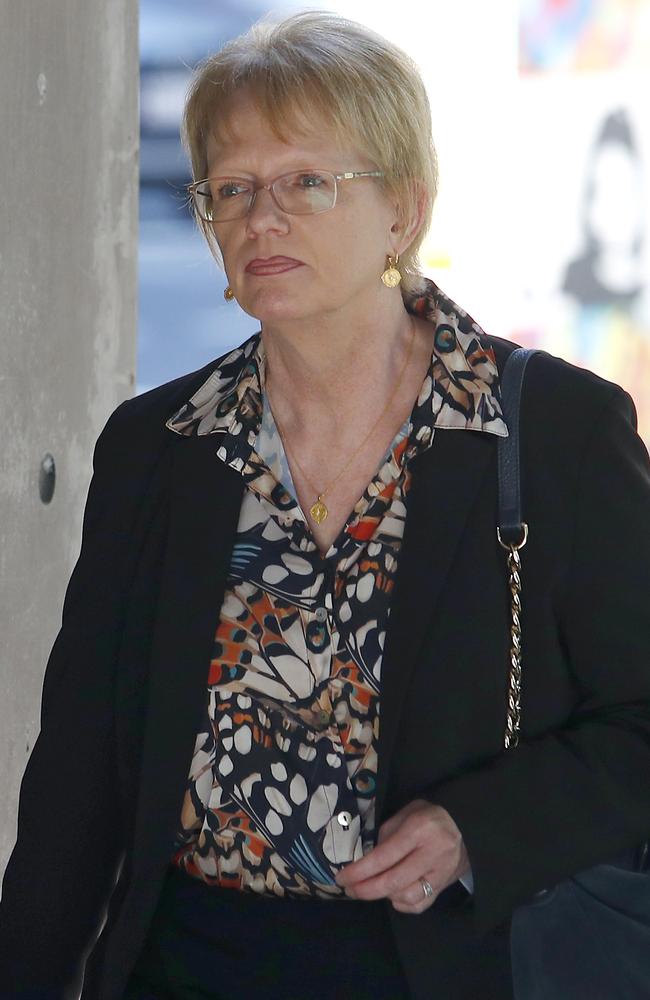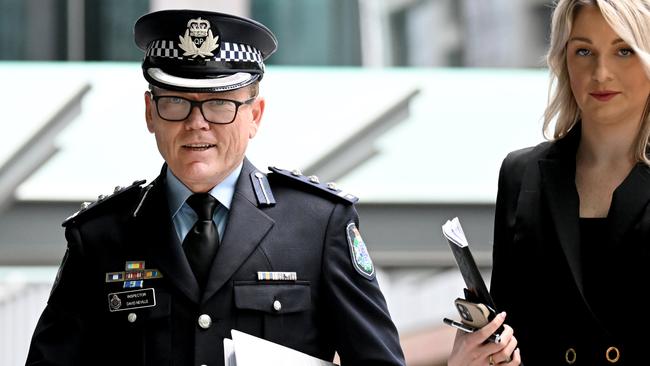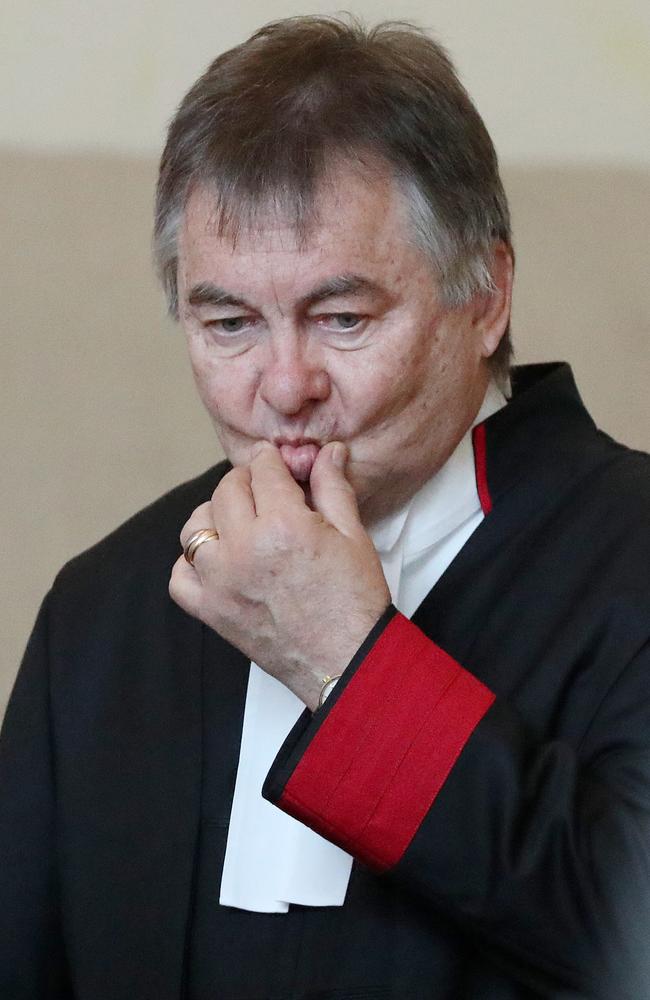DNA lab boss Lara Keller admits she didn’t understand warnings
The boss of the state’s Forensic and Scientific Services has told the DNA inquiry that “I’ve got so much to learn” about the science and technology of DNA profiling.
QLD News
Don't miss out on the headlines from QLD News. Followed categories will be added to My News.
The boss of Queensland’s embattled forensic testing facility has said she simply “didn’t understand” the repeated warnings that major crimes were going unsolved due to a decision not to test low-level DNA samples.
Forensic and Scientific Services (FSS) acting executive director Lara Keller was grilled by commissioner Walter Sofronoff KC about how she could possibly have taken on such a senior position without educating herself about the scientific processes she was overseeing.
But Ms Keller, while giving evidence at the commission of inquiry into DNA testing, said she was not concerned that she did not understand the issue, saying “oh, that’s a frequent thing for me, I’ve got so much to learn”.
The inquiry on Monday heard that after taking on the role in October last year, Ms Keller was repeatedly warned of concerns surrounding the lab’s decision to stop testing low-level DNA samples.

Police have given evidence they were misled by FSS scientists into believing less than two per cent of samples below a certain threshold would produce a usable profile, but that figure was now believed to be around 30 per cent or higher.
Ms Keller said the first time she became aware of concerns about the testing threshold was on December 16 last year, when she was copied into an email chain between scientist Cathie Allen and Queensland Police Inspector David Neville.
In the email chain, Inspector Neville raised testing results that showed the success rate for DNA tested below the threshold limit could be as high as 30 per cent.
“You must have at least understood that from reading the email that that was an issue, that there was a difference between the very low original percentage and the much higher percentage that the police were finding,” counsel assisting the inquiry Michael Hodge asked.
“Not at that time, I did not,” Ms Keller said.
“Even at a more general level, you understood the concern by police was that a process had been put in place that was not maximising the chance of solving crime, particularly for major crimes,” Mr Hodge asked.

“I did not understand that at that time,” she said.
Ms Keller said she read the emails but did “not entirely” understand what it was about.
Mr Sofronoff pointed out to Ms Keller that she had a scientific background, albeit not in DNA profiling.
“But when you become the head of a body like FSS which includes DNA profiling, I take it you didn’t regard it as a necessary preparation for filling that role that you should educate yourself on the science and technology of DNA profiling, at least you didn’t do so, I gather,” he asked.
“I did not,” Ms Keller said.
“Because one would think as we lawyers have done, we’re not scientists, but in order to conduct this inquiry, we’ve had to educate ourselves in that subject,” Mr Sofronoff said.
Ms Keller said she did not understand her role was to be a scientific expert in the various disciplines at FSS.
“I don’t think there is such a person who could be a specialist in every single aspect of FSS; I certainly have not portrayed myself as that,” she said.
“My understanding of my role at FSS is that I’m to lead the organisation … my role is not to be that scientific expert because I have a team at FSS of those people who provide me with that advice.”

The inquiry heard that in a later email, Ms Keller sent an email to FSS scientist Justin Howes copying and pasting questions sent to her in another email from Inspector Neville about the threshold issue.
Mr Howes sent her an email with the “options paper” attached which was originally used to propose the threshold change idea to police. Ms Keller said she read that paper.
“And did you understand that?,” Mr Hodge asked.
“Not really,” Ms Keller said.
“OK. And did that concern you that you didn’t understand that,” he asked.
“Oh, that’s a frequent thing for me – I’ve got so much to learn,” a chuckling Ms Keller said.
Ms Keller also conceded to the DNA inquiry she failed to investigate claims made in an email sent to her shortly after she started the job in October 2021 that there were ongoing issues about detection of sperm in samples taken in sexual-assault investigations.
She claimed the email was “vague” and hoped the issue would have already been resolved, despite the sender warning it had not been, writing “problems with practices and procedures are ongoing”.
The inquiry continues.




